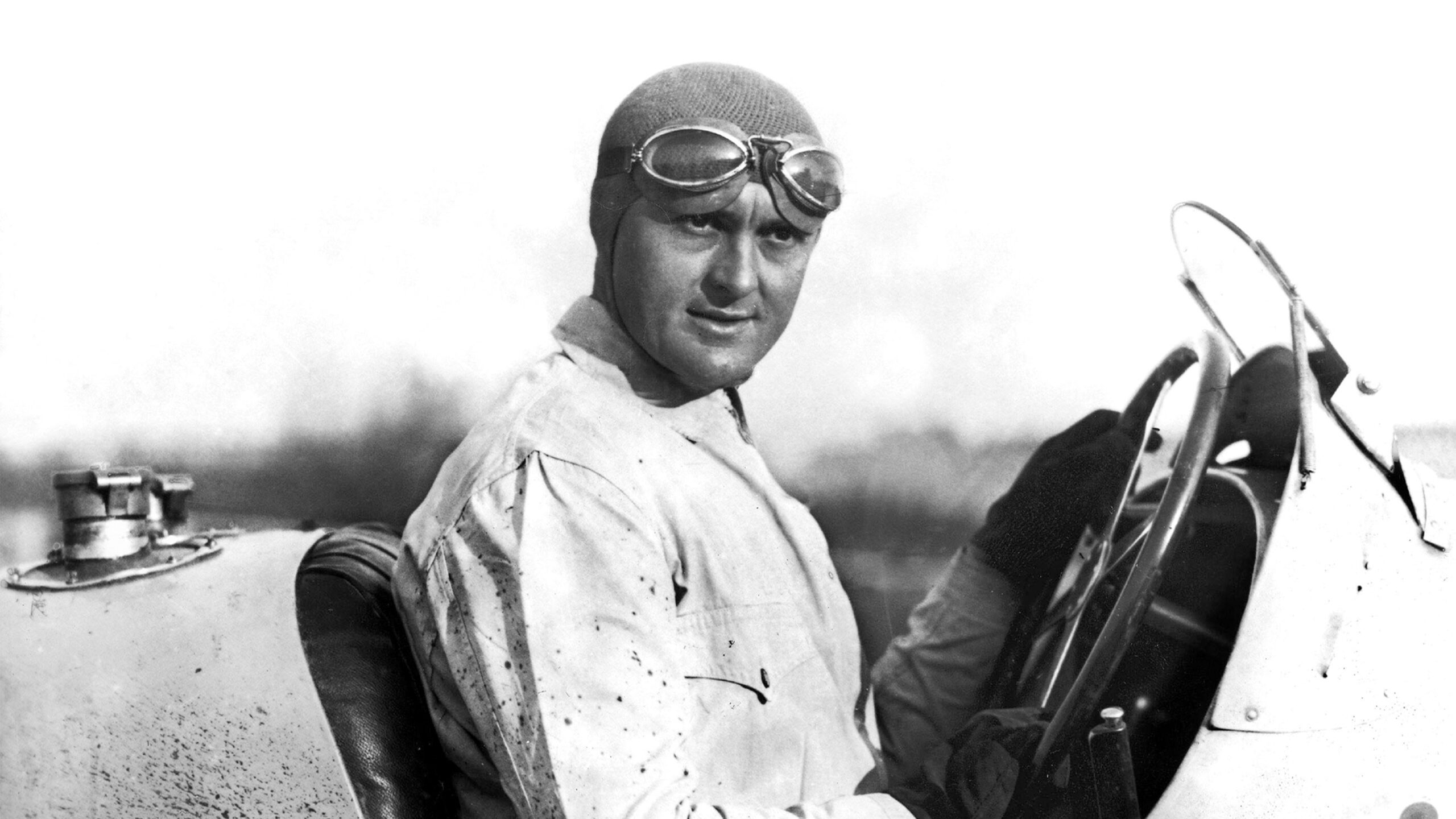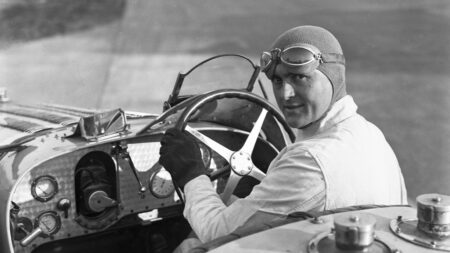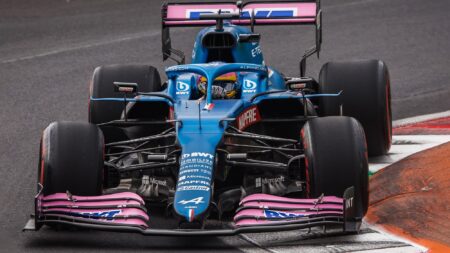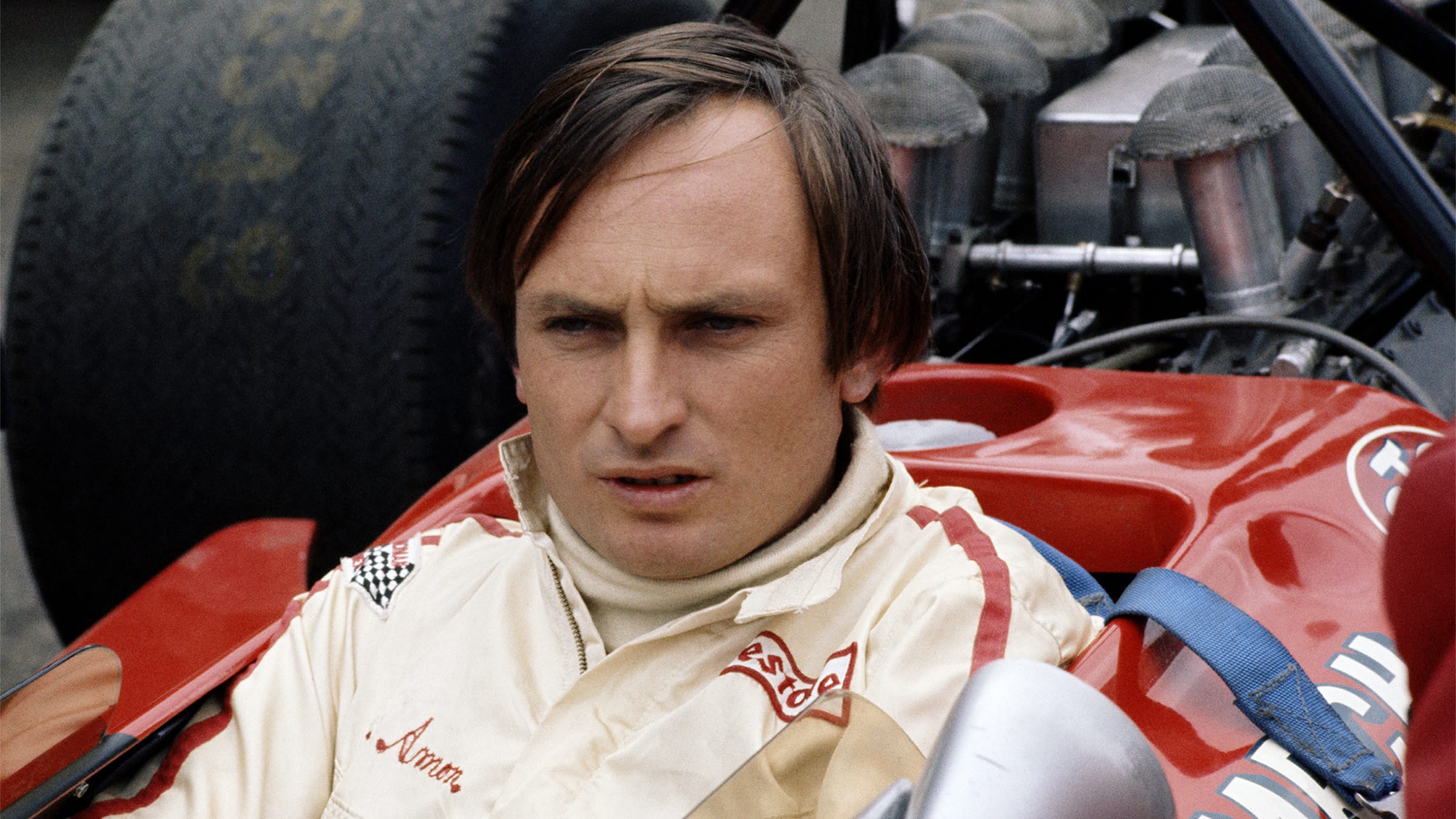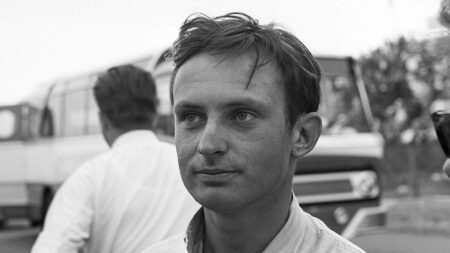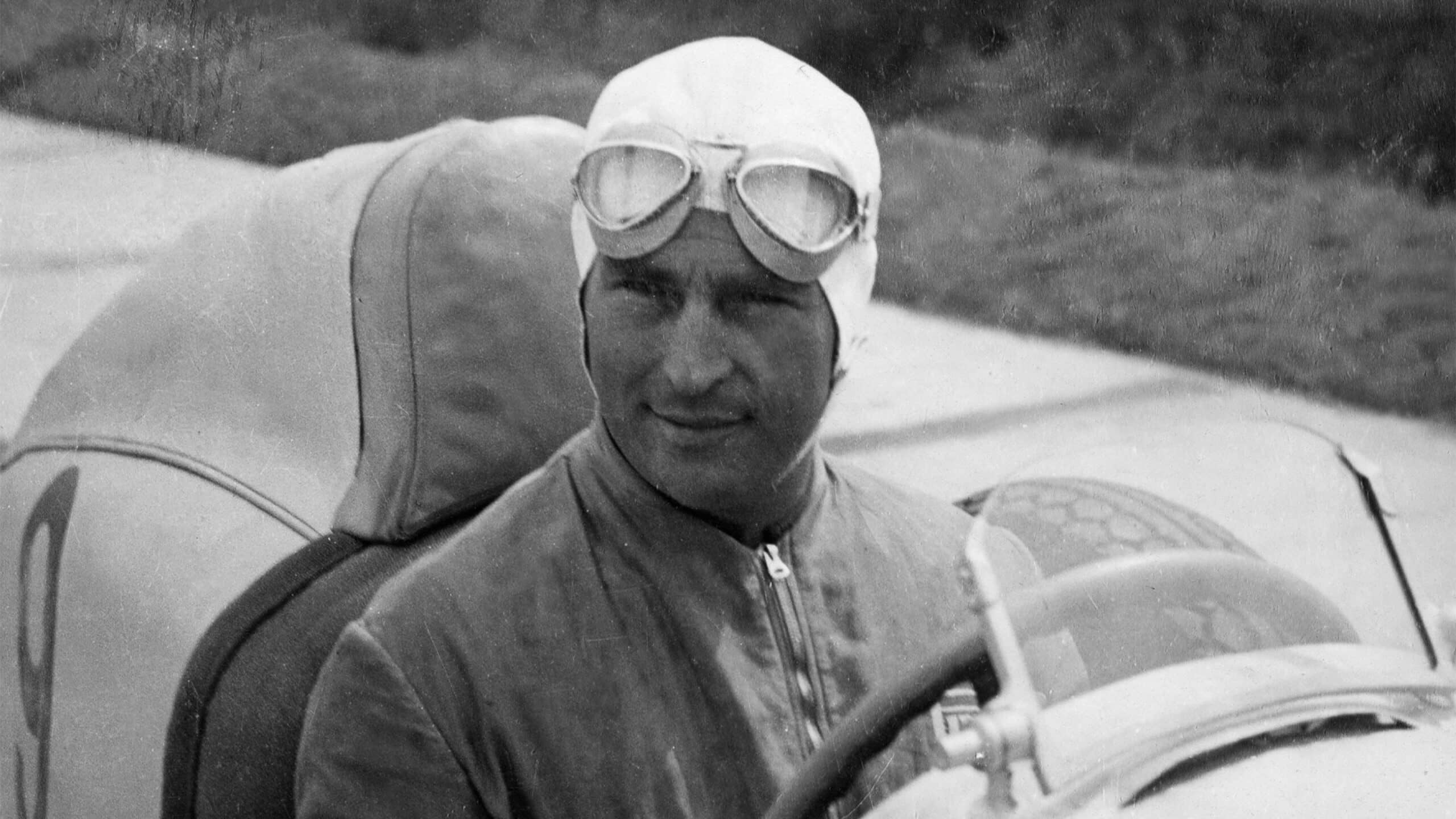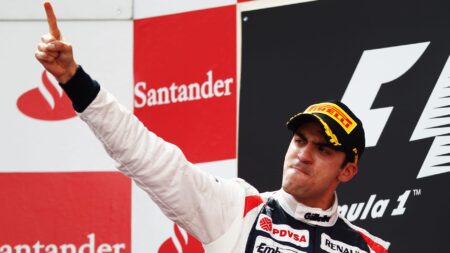The Monégasque local qualified 19th in a Lancia D50 before ultimately climbing to an heroic sixth on race day — besting the likes of Stirling Moss, Alberto Ascari and Juan Manuel Fangio along the way. But by no means was this the first time Chiron had defied the laws of nature on home soil.
His racing career spanned over 35 years and endured through a global war — before which he made his name on the global stage by winning the Monaco Grand Prix in 1931. After the World Championship for Formula 1 cars was formed in 1950, Chiron joined the grid as an established name and, although victory would elude him, he proved his Monte Carlo mastery by finishing on the podium during the series’ first trip to the principality.
Even after his eventual retirement, he remained an active member of grand prix weekends in his home town — waving the chequered flag throughout the 1960s — and has been honoured as an F1 and motor racing icon ever since.
Jacques Villeneuve
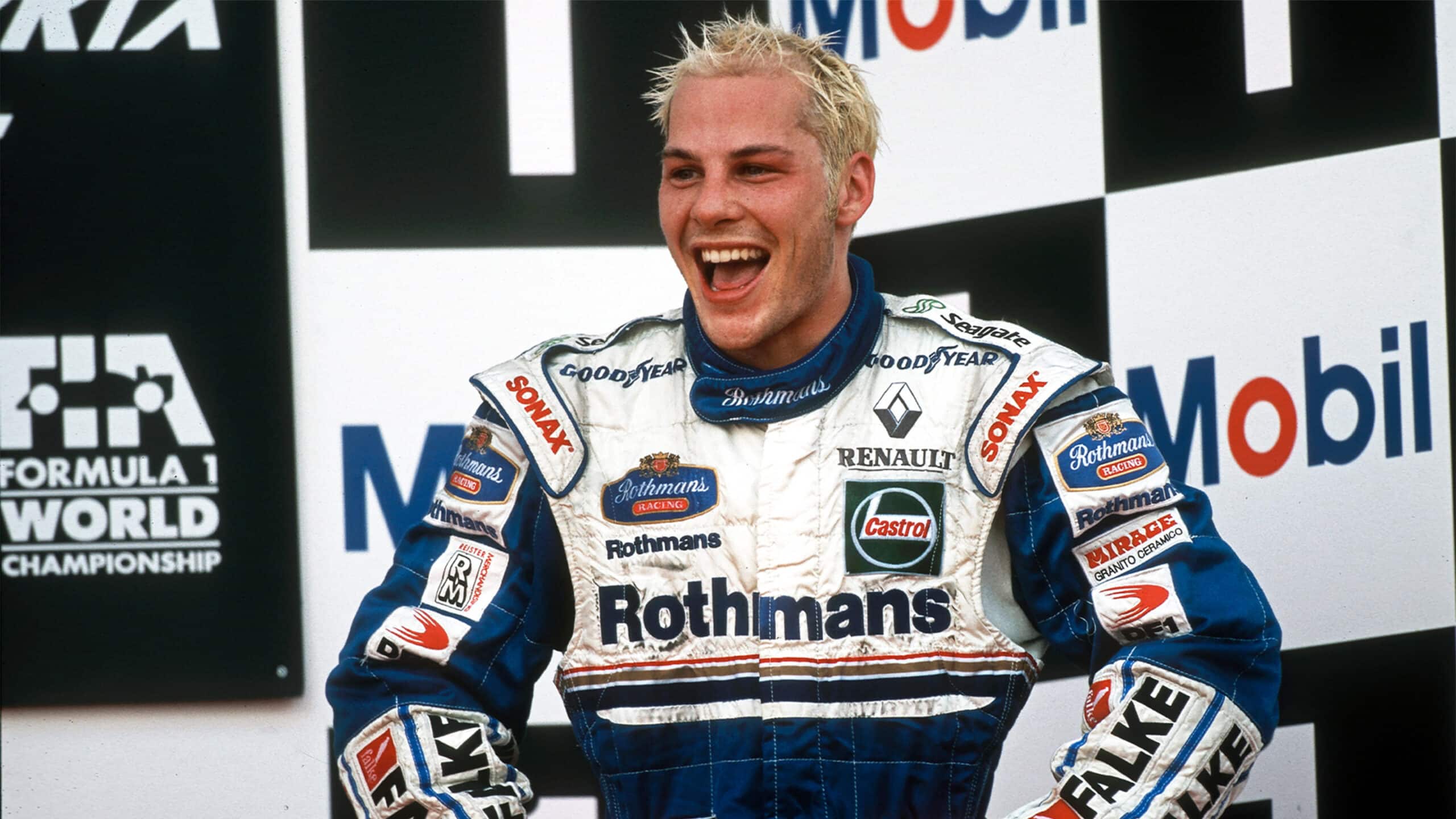
Villeneuve exploded onto the F1 scene — much like his father did before him
Getty Images
Few posed a more charismatic figure on an F1 podium quite like Jacques Villeneuve — and in 1996 he topped quite a few.
As the son of the legendary Gilles Villeneuve, the young Canadian certainly had the weight of the world on his shoulders when he entered the paddock for the first time in Melbourne. But any pressure was soon shrugged off, as he took pole position ahead of Williams team-mate Damon Hill by two-tenths of a second. As he pulled away into the lead of the Grand Prix, a debut victory looked to be within reach… until Hill’s gradually browning ran wing became obvious: Villeneuve’s car was leaking oil and he had to let his team-mate through to take victory.


